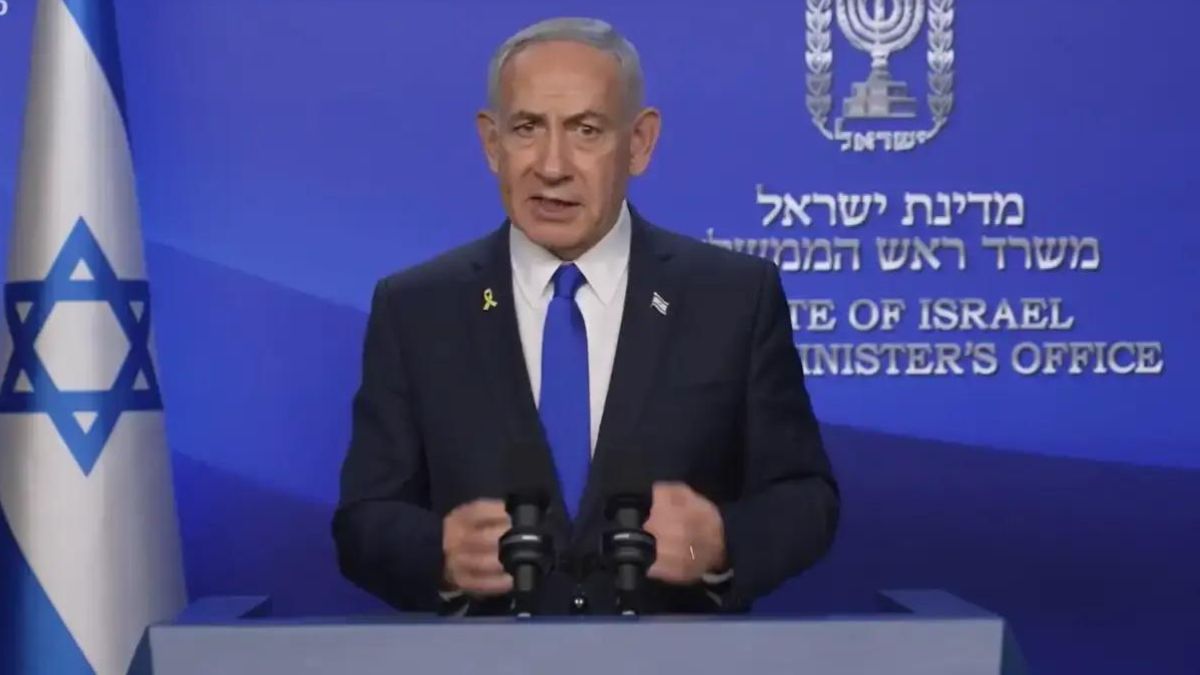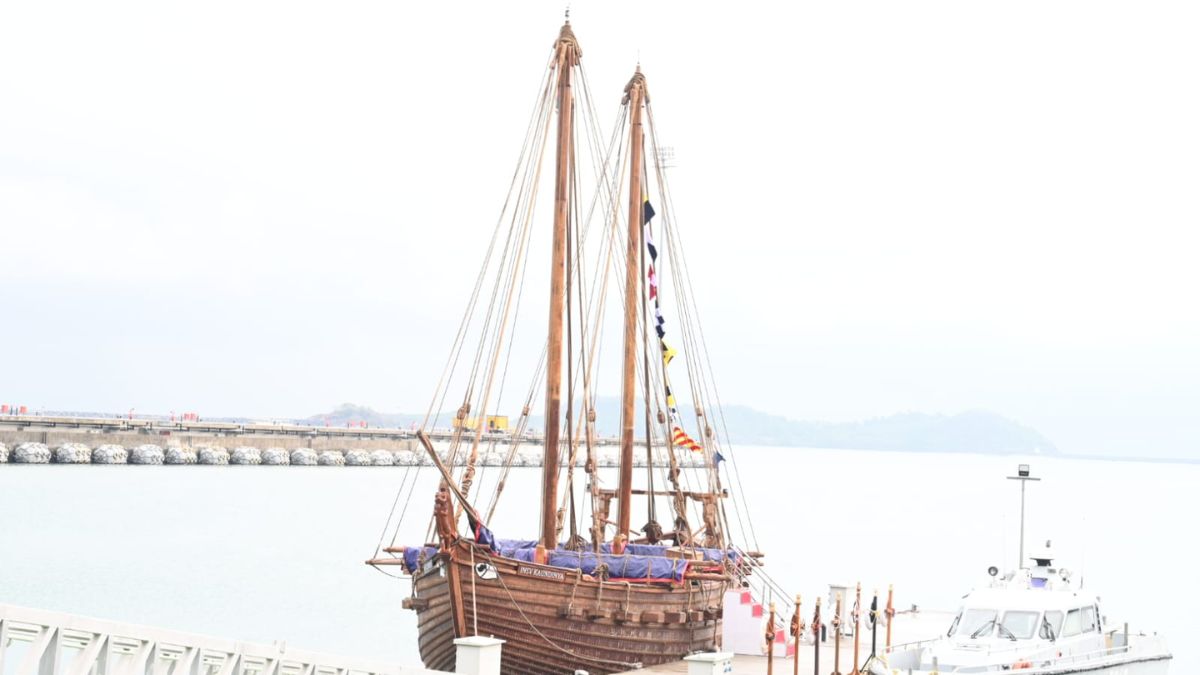National Security And Economic Prosperity Intrinsically Linked To Stability: Navy Chief At MISW 2025

Vice Admiral Tarun Sobti emphasised the importance of trust-based partnerships to address evolving maritime security challenges. Image courtesy: X.com/@IFC_IOR
The Indian Navy reaffirmed its commitment to collective maritime security and economic stability at the third edition of the Maritime Information Sharing Workshop (MISW), hosted by the Information Fusion Centre–Indian Ocean Region (IFC-IOR) in New Delhi. Deputy Chief of Naval Staff (DCNS) Vice Admiral Tarun Sobti called for coordinated efforts to counter global maritime challenges.
Welcoming representatives from 29 countries and regional organisations such as BIMSTEC, DCOC-JA, and IORA, the Navy underscored India’s leading role in promoting the Blue Economy, regional collaboration, and a secure maritime domain across the Indian Ocean. The DCNS’ address set the tone for deeper cooperation.
He described the event as a “vibrant cross-section of global maritime perspectives”, where nations come together as one maritime family united by shared security and prosperity interests.
Why is Indian Ocean Region central to global prosperity?
The Indian Ocean Region (IOR) serves as a vital artery for global trade and energy movement, a fact that makes its stability essential to world economies. However, the region remains vulnerable to piracy, illegal fishing, trafficking, hybrid maritime threats, and environmental degradation.
Recent tensions in the Middle East and attacks by non-state actors in key chokepoints have further exposed global shipping vulnerabilities. The resurgence of piracy in the Gulf of Aden and rerouting of vessels away from the Red Sea have had direct economic repercussions, including increased operational costs and weather-related accidents.
“These incidents highlight how interconnected global maritime challenges are and why cooperation and shared awareness are essential,” Vice Admiral Sobti observed.
What role does IFC-IOR play in maritime security?
Since its inception in 2018, the Information Fusion Centre–Indian Ocean Region (IFC-IOR) has become a crucial platform for collaborative maritime domain awareness. The Centre acts as a hub for real-time information sharing, analytical assessments, and coordinated responses to piracy, search and rescue missions, and maritime safety incidents.
Currently, the IFC–IOR network includes liaison officers from 15 partner nations and over 75 maritime agencies and international fusion centres. Its regular Maritime Security Updates and Analytical Assessments have significantly improved situational awareness across the IOR.
The DCNS noted that “these accomplishments are not individual milestones but collective achievements built on trust and active engagement among maritime partners.”
What did the DCNS say on link between security with economic growth?
In a key message, the Vice Admiral underlined that “national security and economic prosperity are intrinsically linked to the stability and safety of the surrounding maritime domain”. This belief is reflected in India’s vision of MAHASAGAR (Mutual and Holistic Advancement for Security and Growth Across Regions) — an initiative that emphasises collective security, inclusive development, and regional cooperation.

The address highlighted that stability in the maritime domain directly impacts global commerce, energy supply chains, and national growth trajectories. Strengthening maritime cooperation, therefore, is both a strategic necessity and an economic imperative.
With this, he went on to stated that workshops like MISW serve as critical enablers of interoperability, helping nations exchange best practices, streamline communication channels, and build procedural understanding. “Trust and teamwork are as essential as technology in maritime cooperation,” the Admiral noted.
The workshop will include a table-top exercise based on real-world scenarios using India’s indigenous MANTRA (Maritime Analysis Network for Tactical Response and Awareness) software at IFC–IOR. This exercise aims to connect theory with operational practice, allowing participants to test response mechanisms and strengthen coordination during crises.
Being held from November 3-5, 2025, MISW 2025 is poised to be a pivotal international platform dedicated to fortifying the collaborative framework essential. This year’s theme is “Enhancing Real-Time Coordination and Information Sharing Across the Indian Ocean Region”.







